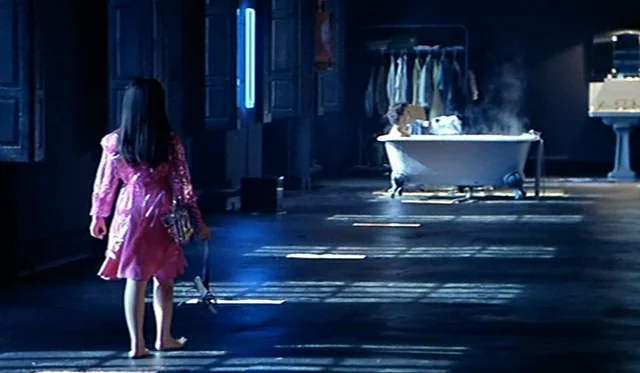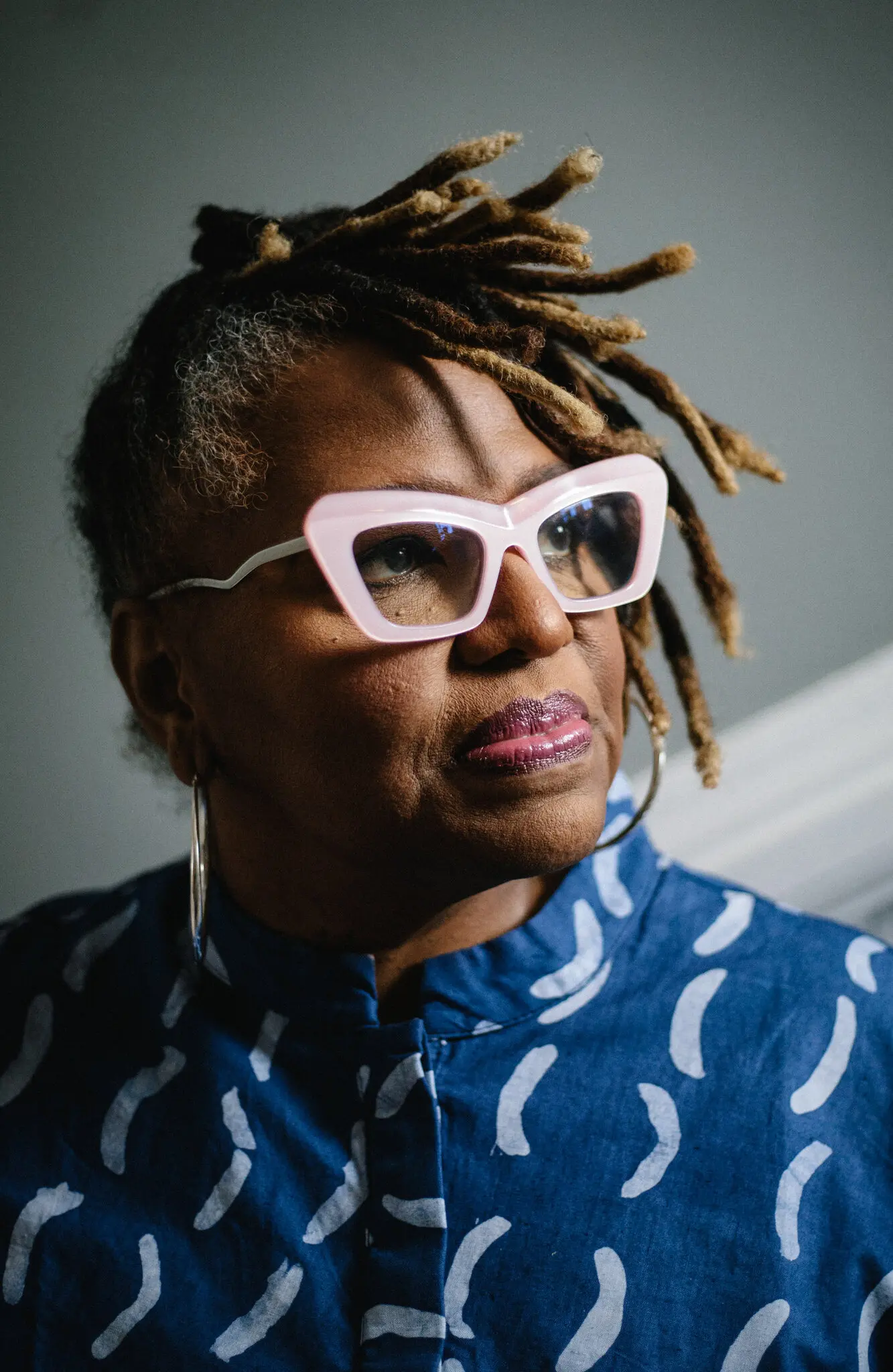Word of the Day - Feme Sole
And an example from the news hole.
feme sole
/ˌfem ˈsōl/
noun
Historical; Law
noun: feme sole; plural noun: femes soles; noun: femme sole; plural noun: femmes soles
- a woman without a husband, especially one who is divorced.
Origin

early 17th century: from Anglo-Norman French
As the historian Sara Cedar Miller has pointed out, the deed that cemented Ms. Gloucester’s control over the West 88th Street lot reflected a wariness of property laws that favored husbands. The deed specifically precluded the possibility of a claim by her husband — declaring that she held title “forever and free clear and discharged of and from the debts obligation and control of her said husband, the said James N. Gloucester, and in like manner and to all intents and purposes as if she were a feme sole_._”
In Anglo-American law, the term “feme sole” refers to a woman who is widowed, divorced, never married or no longer legally subordinate to a husband. Ms. Gloucester’s lawyer may have used the phrase as a reference to New York’s recently passed married women’s property act. But this assertion of independence would have had a personal meaning for his client.
| Brent Staples, The Lost Story of New York’s Most Powerful Black Woman


